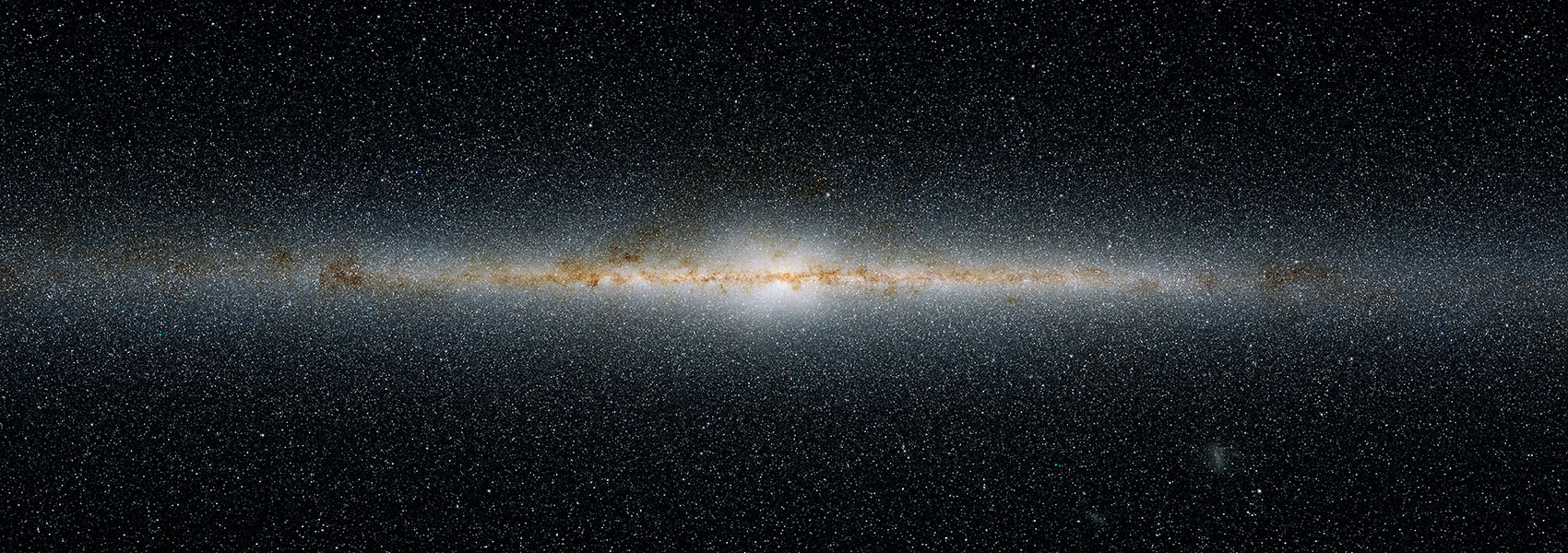"The Past, Present, and Future of Planetary Systems"
After four years of successful planet hunting, the Kepler spacecraft suffered a mechanical failure which ended its original mission and severely limited its ability to point precisely. However, Kepler is still able to point precisely at fields along the ecliptic plane for up to 80 days at a time in its new K2 extended mission. In this talk, I will describe our search for transiting planets with K2. I will give an overview of the K2 mission, which is a shallower, but wider-field version of the original Kepler mission. I will describe data analysis challenges new in K2, and our solutions which have permitted the discovery of hundreds of planet candidates.
K2 discoveries are yielding intriguing insights about the past, present, and future of planetary systems -- that is, the history of how planets might form and migrate, their present-day characteristics, and the ultimate fate of planetary systems. I will discuss what we have and will learn, in particular from the discovery of a hot Jupiter with close planetary companions, planets orbiting nearby bright stars, and a disintegrating minor planet transiting a white dwarf.



